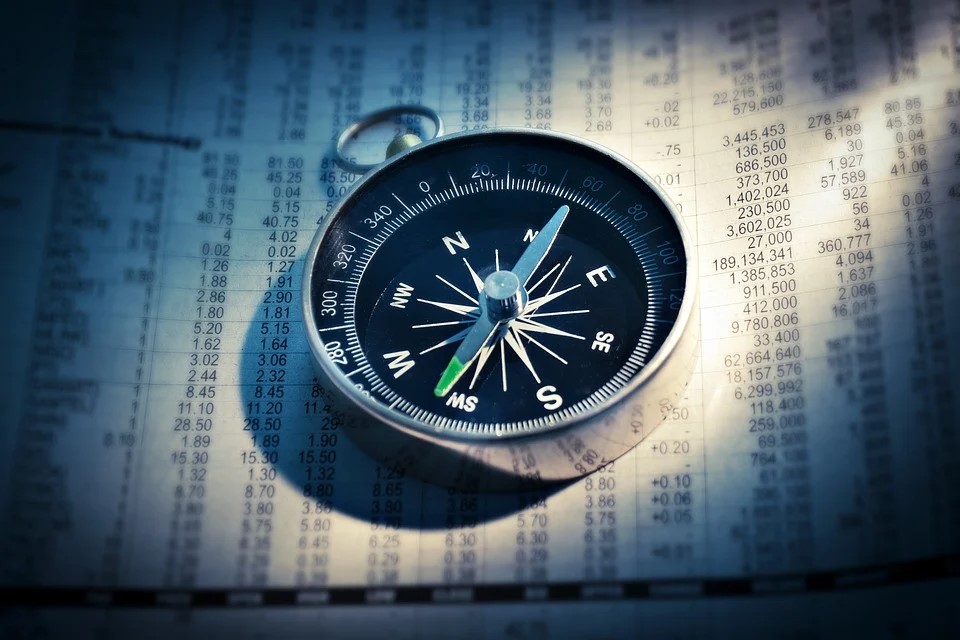Surveys
US Economic Freedom Ranking Sags, Hong Hong Removed - Index

Even allowing for any scepticism about the source for such data and what is ranked, wealth managers can use ideas about free/unfree economies when deciding investment, booking centres, strategy and places in which to source clients.
A barometer of economic freedom ranks the US in 20th place,
lagging far behind countries such as Switzerland, Australia and
Singapore, while Hong Kong has vanished from the rankings after
having been a leader for years.
The Heritage
Foundation, a conservative think tank, puts Singapore at
first place in its 2021 Index of Economic Freedom,
published last week, followed respectively by New Zealand,
Australia, Switzerland, Ireland, Taiwan, the UK, Estonia, Canada
and Denmark. The US, at 20th, has plummeted to its worst-ever
score, caused by “out-of-control spending and a loss by Americans
in the even-handed rule of law,” the report said.
Countries were assessed from the second half of 2019 through to
the first half of last year – straddling the period when the
COVID-19 pandemic erupted, prompting a variety of jurisdictions
to lock down societies in ways that have been unprecedented in
recent decades. (Sweden, which defied European trends last year
by not adopting lockdowns, is at 21st position in the rankings.
The country has moved somewhat from its former image of being a
socialist state.)
Hong Kong and Macau were not included in the rankings this year.
Hong Kong, a former British colony that was handed back to
mainland China in 1997 while retaining legal autonomy, has been
hit by China’s imposition last year of a national security law.
Hong Kong, once a leader for economic liberty (if not political
democracy) in terms of low taxes and other measures, is perceived
now as being increasingly indistinguishable from its mainland
neighbour.
Singapore’s leadership highlights how economics is the focus in
this report; the country is not a full democracy, based on some
definitions. Other major democracies, such as Germany, France and
Spain, are not in the top 10.
While some might treat these rankings with scepticism, given the
metrics used and the ideological assumptions of its authors, they
can act as a rough guide for wealth managers and other
professionals in working out the most/least dynamic and open
places in which to conduct business.
The index, which has been compiled for 27 years, covers 12
freedoms, ranging from property rights to financial freedom, in
184 countries. Heritage defines economic freedom as “the
fundamental right of every human to control his or her own labour
and property. In an economically free society, individuals are
free to work, produce, consume, and invest in any way they
please. In economically free societies, governments allow labour,
capital, and goods to move freely, and refrain from coercion or
constraint of liberty beyond the extent necessary to protect and
maintain liberty itself.” It examines four broad “pillars”: rule
of law (property rights, government integrity, judicial
effectiveness); government size (government spending, tax burden,
fiscal health); regulatory efficiency (business freedom, labour
freedom, monetary freedom); and open markets (trade freedom,
investment freedom, financial freedom). Each of the 12 economic
freedoms are ranked on a scale of zero to 100. Equal weights are
given to each freedom.
The overall average score for countries' economic freedom
remained at a record high of 61.6 for the second year in a
row.
The Index finds a world economy that, as a whole, continues to be
“moderately free” but cautions that the overall global economic
outlook remains challenging, particularly in many developing
countries and emerging markets because of the lingering impact of
the pandemic.
“Regrettably, some of the policy measures undertaken or planned
by governments around the world in response to the global health
crisis run the risk of undermining economic freedom and, thus,
long-term economic growth and prosperity,” Index editors
Ambassador Terry Miller, Anthony Kim and James Roberts, said.
“Policymakers cannot simply spend their way back to prosperity
after the toll that public health responses have taken on local
economies. For a meaningful economic recovery, economic freedom
must not be curtailed by extended government emergency
powers.”
US not as free
The US recorded a score of 74.8, lower than its 2020 score, and
dropped to No. 20 globally from No. 17 in the year prior. The US
remains “mostly free” and its regional ranking is unchanged at
3rd out of 32 countries that were graded in the Americas region,
behind Canada and Chile. According to the editors, out-of-control
government spending has put US fiscal health at grave risk.
Three of the top 10 jurisdictions - Singapore (1st), Ireland
(5th), and Taiwan (6th) - recorded score increases this year.
Taiwan moved up five spots from 11th in the 2020 Index.
North Korea remains the world’s least economically free nation,
followed closely by Venezuela and Cuba.
The report’s authors said per capita incomes were significantly
higher in nations that are more economically free. Economies
rated “free” or “mostly free” in the 2021 Index enjoyed incomes
more than double the average levels in all other countries, and
more than six times higher than the incomes of those living in
“repressed” economies.
Among the 178 countries ranked, scores improved for 89 countries
and declined in 80, with nine remaining unchanged.
“As we continue to fight the COVID-19 pandemic, we see a high
correlation between economic freedom and a country’s capabilities
to prevent, detect, and respond to infectious diseases. It is
those countries with the greatest economic freedom that have the
money for research and development into cures; more resources to
better train medical personnel; and greater capacities in terms
of beds, equipment, and medicines to handle the sick,” Heritage
Foundation president Kay C James said.
